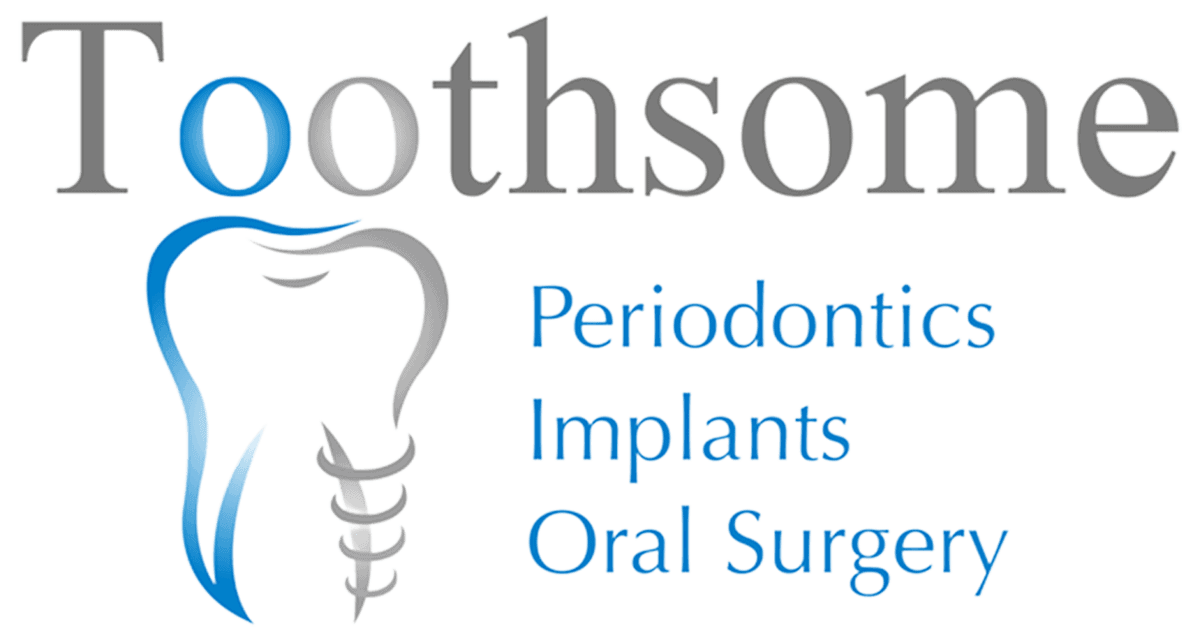
Dental implants are the only permanent way to replace your missing teeth. They support your oral health by stimulating jawbone growth and preserving your tooth alignment and facial structure. While dental implant surgery is minimally invasive, you may experience minor discomfort after the local anaesthetic wears off.
You can alleviate any post-surgical discomfort by applying an ice pack intermittently to the affected side of your face, taking OTC medications, and resting with your head elevated.
Your Toothsome dentist may also prescribe a nutrient-dense soft food diet after dental implant surgery to prevent irritation to the surgical site. Discover what to eat after dental implant surgery to support your body and speed up your recovery.
What to Eat After Dental Implant Surgery: Blended Soups and Bone Broth
Blended soups and broths are the ideal recovery food after dental implant surgery because they don’t require any chewing. Opt for soups made from bone broth to benefit from the added protein and collagen, which support cell renewal and promote a healthy oral microbiome to reduce the risk of infection.
Make a blended soup with chickpeas or cannellini beans if you want the nutritional benefits of a high-protein soup without the meat. Legumes are also high in fibre to support digestive health and contain high levels of zinc and iron, crucial for transporting oxygen around the body and promoting optimal immune function.
Always serve soups lukewarm or cold; heat can irritate the surgical site and increases the risk of excessive post-surgical bleeding. You should also avoid adding spicy or acidic ingredients like chillies or lemon to your soups.
What to Eat After Dental Implant Surgery: Scrambled Eggs
Scrambled eggs are a good source of protein, essential fatty acids, iron, B vitamins, and zinc. This whole food contains everything you need to support your body while recovering from dental implant surgery. Serve lukewarm with mashed avocado for added fibre and healthy fat to create a complete meal.
Scrambled silken tofu or tempeh are excellent vegan alternatives to eggs. These plant-based proteins have an ultra-soft texture that won’t irritate your dental implants. They are nutrient-dense; 100g of tofu contains 17g of high-quality protein, 32% of your daily selenium and 53% of your daily calcium intake. Selenium is critical for immune function and wound healing, while calcium helps support oral health.
What to Eat After Dental Implant Surgery: Smoothies
Fruit smoothies are an excellent breakfast or snack while recovering from having your dental implants placed. Blend your choice of soft fruit and milk or milk alternative with ice for a refreshing start to your morning. You can customise your smoothie recipe and add extra protein, fats, and micronutrients with additions like nut butter, avocado, coconut oil, or Greek yoghurt.
Avoid ingredients with small seeds like blackberries, raspberries, or strawberries, as they can become lodged inside your dental implants and are challenging to remove. If you want the antioxidants and vitamin C from these fruits, strain your smoothie to remove the seeds.
What to Eat After Dental Implant Surgery: Frozen Yoghurt
After dental implant surgery, you may experience some swelling around the dental implants. Frozen yoghurt, ice cream, jelly, or custard are the perfect treat to enjoy after dental implant surgery to alleviate the swelling.
The cold temperature numbs the area around your dental implants and temporarily reduces blood flow to the wound site by causing vasoconstriction. This reduces inflammation that contributes to post-surgical swelling.
What to Eat After Dental Implant Surgery: Instant Porridge
Whole grains are high in fibre and essential nutrients, but grain husks can become trapped inside your dental implants and can be tough to chew. Instant or quick-cooking porridge oats provide you with B vitamins and phosphorus, critical for tissue growth and maintenance, without the risk of damaging the implant site.
Blend your porridge oats with milk or a milk alternative before cooking, and serve lukewarm with pureed apples or pears.
What to Eat After Dental Implant Surgery: Soft Fish
Protein is critical for a fast recovery after dental implant surgery. Fish offer one of the best sources of complete lean protein and contain essential fatty acids to promote cell growth.
Choose soft, flaky fish that are easy to chew, such as salmon, snapper, cod, pollock, bass, and trout. While you are recovering from dental implants, it is better to cook fish fillets than whole fish because the small bones can become stuck under your dental implants, potentially leading to bleeding and infection.
Steam or bake your fish in a parcel of baking paper with your favourite herbs, olive oil, and white wine. Serve with mashed pumpkin, sweet potatoes, or pea puree for a satisfying and delicious dinner.
Support Your Body After Dental Implant Surgery
Your dentist may recommend that you continue eating a soft food diet for up to /two weeks after dental implant surgery. However, you can slowly incorporate more solid foods back into your diet after this time.
If you have missing teeth and need dental implants, schedule a consultation appointment with the dentists at Toothsome Implant Chatswood. Call us on (02) 8203 8786. They can answer any questions about the dental implant surgery procedure and how to care for your dental implants after treatment.
Note: Any surgical or invasive procedure carries risks. Before proceeding, you should seek a second opinion from an appropriately qualified health practitioner.



